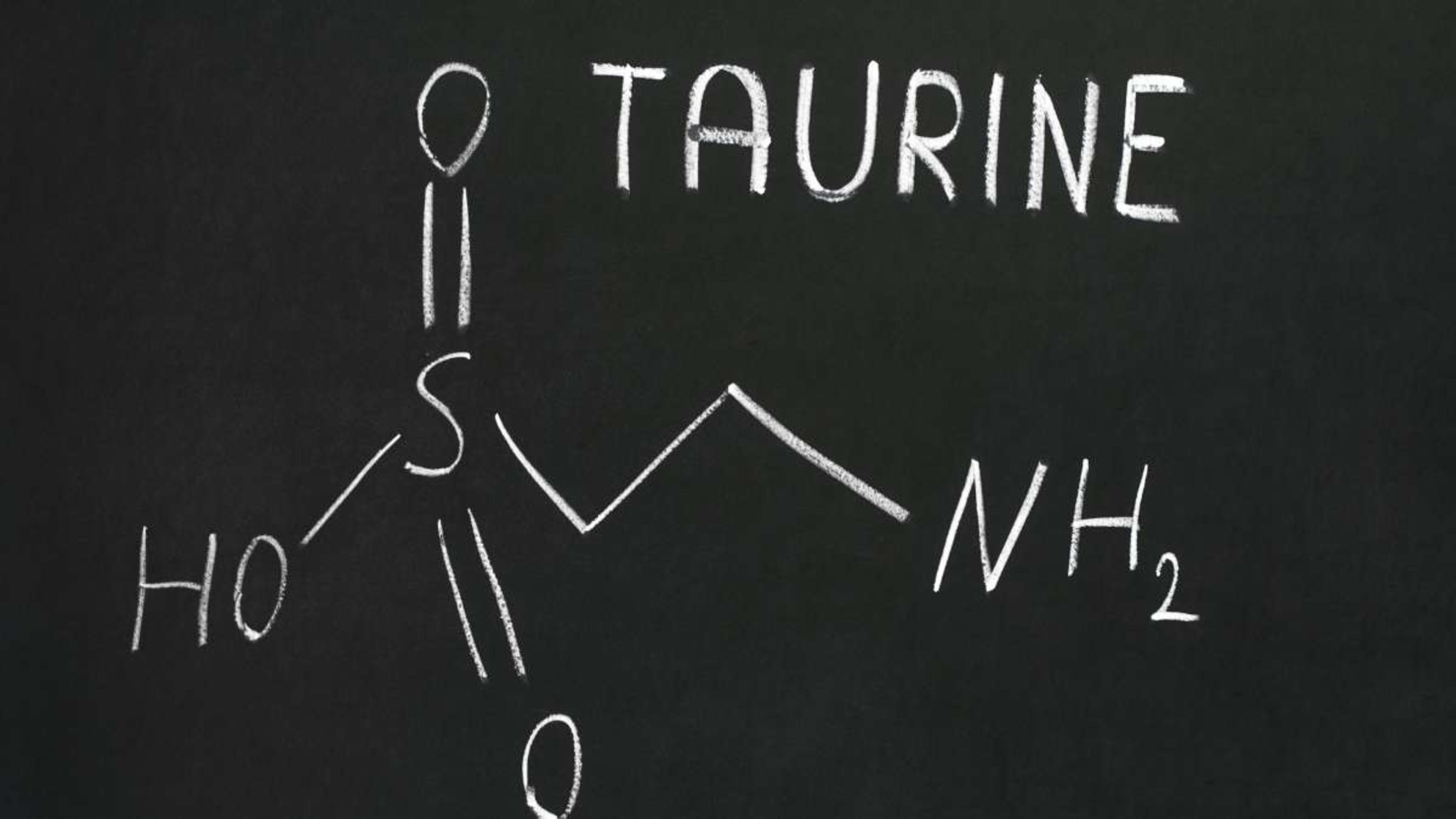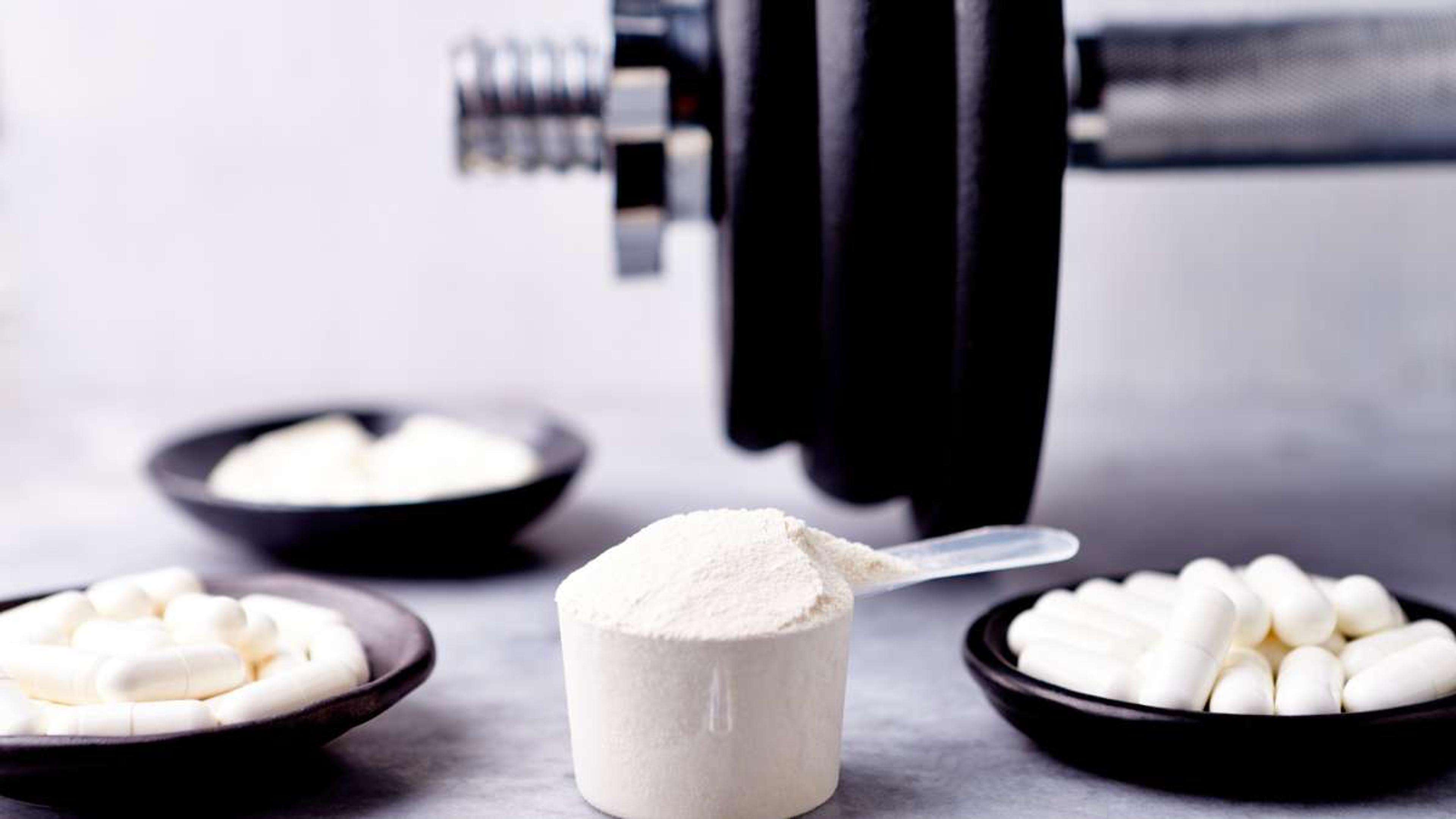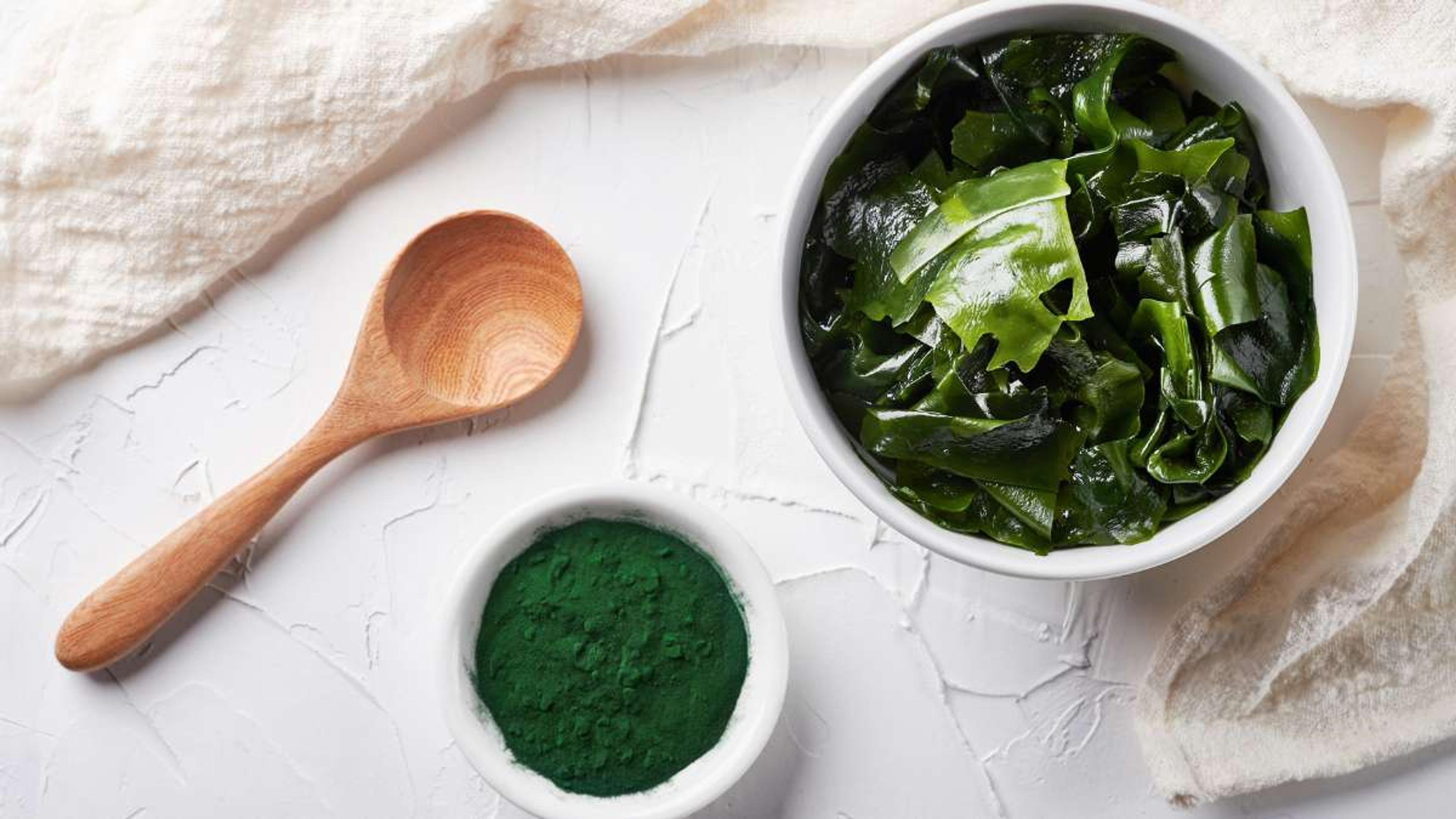Everything You Need To Know About Taurine as a Vegan

- Key Takeaways
- The Importance of Taurine
- Is Taurine Vegan?
- Getting Taurine on a Vegan Diet
- Conclusion
- FAQs
Navigating through the nutritional needs of a vegan diet can be challenge, particularly when it comes to lesser-known nutrients like taurine. Factually, this essential amino acid is primarily found in animal products, raising concerns for vegetarians and vegans alike.
This article will shed light on the importance of taurine, its plant-based sources and how you can make sure your vegan diet fulfills its requirement without compromising your dietary beliefs and nutrition.
Are you ready to dive into the world of 'Taurine Vegan'?.
Key Takeaways
- Taurine is an essential amino acid that plays a vital role in the body, benefiting vegans by supporting immune health, nervous system function, heart health, and exercise performance.
- Vegans can obtain taurine from plant-based sources such as seaweed, certain types of algae (like spirulina and chlorella), mushrooms, avocados, beans, and plant-based condiments like nutritional yeast and soy sauce.
- Most vegans do not need to supplement taurine as their bodies can produce small amounts on their own. However, if deficient synthetic taurine supplements are available for vegans and are considered vegan-friendly since they are artificially produced.
The Importance of Taurine
Taurine plays a vital role in the body, providing health benefits to vegans in multiple ways while also supporting the central nervous system and carrying risks if not adequately consumed.

Role of taurine in the body
Taurine works hard in the body. It keeps our immune system strong. It helps our nerves work right. The liver uses taurine to make bile salts, which help break down food in our stomachs. Taurine plays a vital role in the body, benefiting vegans in multiple ways, including improving physical performance, while also carrying risks if not adequately consumed.
If you don't have enough taurine, you might feel anxious or get too hyperactive. Taurine is also good for your heart and blood flow, helping to prevent heart disease. Plus, it can fight against harm from toxins and lessen swelling in your body parts, thanks to its antioxidant properties.
Lastly, taurine gives us energy when we need it!
Risks of taurine deficiencies in vegan diets
Not having enough taurine in your diet can cause problems. For vegans, this risk is higher. Low levels of taurine can lead to less energy and muscle strength. It could also affect heart health over time.
Fewer animal products in a vegan diet mean less natural taurine intake. This means vegans often have lower blood levels of this important amino acid than non-vegans. Regular use of supplements may be needed to avoid risks linked to low taurine.
Is Taurine Vegan?
Taurine is naturally found in animal products such as meat, fish, and dairy, but it can also be produced synthetically from plant-based sources.
Explanation of taurine and its natural sources
Taurine is a substance that our bodies need for various functions. It is an amino acid, which is a building block of proteins. However, taurine is primarily found in animal-based products like meat, fish, poultry, and dairy.
It is not naturally abundant in plant-based foods. While red algae may contain some taurine, it's generally not present in significant amounts in plant foods. So vegans might want to consider taking taurine supplements since they don't consume animal products that are high in taurine. Taurine supplements can also help with muscle fatigue, making it a beneficial addition to a vegan diet.
It's also worth noting that synthetic taurine, which is the most common form available commercially, is vegan-friendly as it's artificially developed and doesn't come from animals.
Discussion on synthetic taurine and its vegan status
Synthetic taurine can be considered vegan-friendly if it is the only available option. Some taurine supplements are made synthetically and do not come from animals. These supplements may also contain plant-derived L-Carnitine, making them suitable for vegans.
It's important to note that synthetic taurine is not obtained from bulls' urine, as some people believe. The vegan-friendliness of taurine depends on its source, with naturally occurring taurine found in animal-based foods not considered vegan-friendly.
Getting Taurine on a Vegan Diet
Plant-based sources like seaweed, algae, and certain plant foods can provide taurine for vegans.

Plant-based sources of taurine
- Seaweed: Seaweed is a rich source of taurine and can be easily incorporated into various dishes like salads, wraps, and soups.
- Algae (spirulina and chlorella): Spirulina and chlorella are types of algae that are packed with taurine. They are available in powdered form and can be added to smoothies, juices, or used as a supplement.
- Nutrient-dense superfoods: Certain nutrient-dense plant-based foods like mushrooms, avocados, and beans contain small amounts of taurine. Including these foods in your diet can contribute to your daily taurine intake.
Remember to consult with a healthcare professional or registered dietitian before making any significant changes to your diet or considering supplementation.
To enhance taurine absorption from plant-based sources, you can try the following tips:
- Pair taurine-rich foods with vitamin B6: Vitamin B6 helps in the absorption of taurine in the body. Include foods like bananas, chickpeas, and fortified cereals that are rich in vitamin B6 along with taurine-rich plant foods.
- Cook or ferment plant-based foods: Heat from cooking and fermentation processes can help break down proteins, making taurine more accessible for absorption. Consider cooking tempeh or fermenting soy products to increase taurine availability.
- Consume taurine-rich foods regularly: To ensure a consistent intake of taurine, include seaweed, tempeh, tofu, and soy milk in your meals regularly. Aim to have at least one serving of these foods daily to maintain adequate levels of taurine.
- Use plant-based condiments: Some condiments like nutritional yeast and soy sauce contain small amounts of taurine. Adding these condiments to your dishes can contribute to overall taurine intake.
- Combine plant-based protein sources: By combining different plant-based protein sources like beans, grains, and nuts/seeds, you can create a complete amino acid profile that supports optimal taurine synthesis in the body.
Should Vegans Take Taurine Supplements?
Taurine is an important nutrient for the human body, but it is primarily found in animals. However, vegans can still get taurine by taking supplements. While some studies suggest that vegans may have lower levels of taurine in their bodies, there are plant-based sources of this nutrient available.
Foods like seaweed can provide a good amount of taurine for vegans. It's important to note that taurine is not considered an essential nutrient for vegans, meaning it may not always be necessary to supplement it.
However, there are indications that taurine supplementation could be beneficial for vegans in certain circumstances.
Conclusion
In conclusion, while taurine is typically found in animal products, vegans can still obtain it from plant-based sources such as seaweed and algae. Synthetic taurine used in energy drinks is not vegan-friendly.
However, most vegans do not need to supplement taurine as their bodies can produce small amounts on their own. It's important for vegans to focus on a well-rounded diet that includes a variety of plant foods to ensure they are getting all the essential nutrients they need.
FAQs
1. Is taurine vegan-friendly?
No, taurine is not typically considered vegan as it is commonly sourced from animals such as cows and fish.
2. Can vegans get enough taurine from plant-based sources?
Yes, vegans can obtain sufficient levels of taurine through their diet by consuming foods like seaweed, algae, and certain fortified beverages or supplements.
3. Why is taurine important for the body?
Taurine plays a vital role in various bodily functions including regulating heart rhythm, supporting brain development, and maintaining healthy eyesight.
4. Are there any potential risks or side effects of consuming too much taurine?
While moderate consumption of taurine is generally safe for most people, excessive intake through supplements may have potential side effects such as digestive issues or interaction with certain medications. It's always best to consult with a healthcare professional before taking any new supplements.

